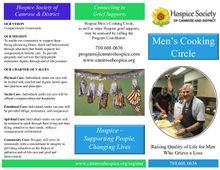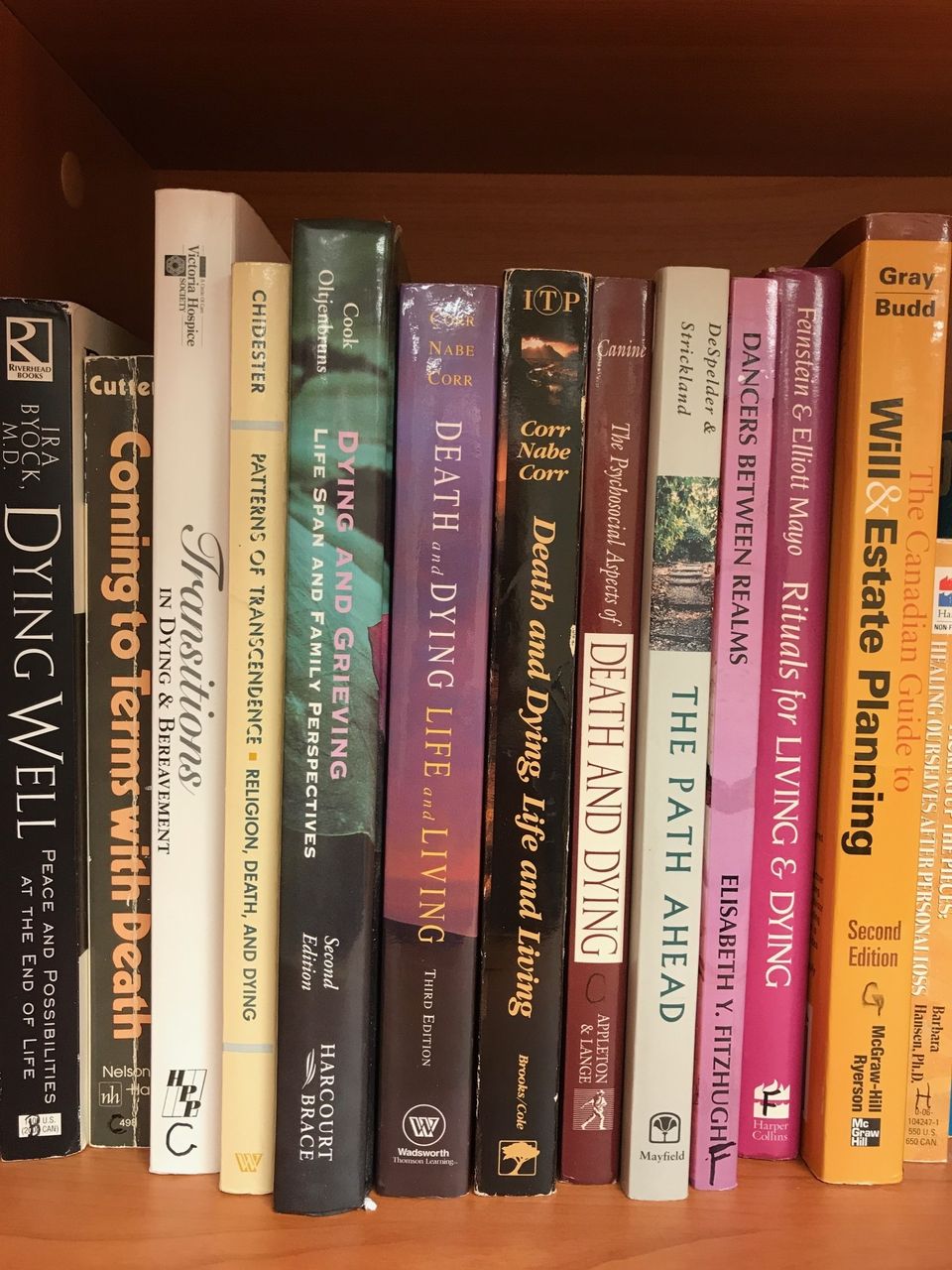Apr 7, 2015
When a parent is diagnosed with a terminal illness, this new situation will affect the entire family, especially the children. In these cases one of the main concerns is how, when and if this news should be shared with the children. It is normal for parents to want to protect their child, but hiding the terminal illness can oftentimes make matters worse. Withholding information can cause children to feel confused, angry and, many times, guilty.
How to Have the Conversation with Your ChildrenAccording to the
American Society of Cancer, it is a good thing to tell your children about the terminal illness, but this news should be shared in stages and in a language that a child will be able to understand. Never give a child more information than they will be able to absorb and understand.
If you have a partner, it is best to share this news together; but if you are a single parent then you should tell them alone. A single parent’s greatest concern is to find a reliable person who will take care of their children after they are gone.
But when is the best time to tell your children about your terminal illness? You should talk to your child
as soon as the diagnosis is definite. Children know more than parents may think, and they do understand when something is happening in their family, even if you think that you are good at hiding it. Be honest with your children and try to prepare them as much as you can for the future. Keeping your child away from the truth will just make them feel lonely, afraid and guilty.
Preparing Your Child for LossIn many cases, families have been dealing with the disease for months or even years before it is known that the condition is terminal. In just a few cases, the disease is diagnosed in an advanced stage. This period will help you and your children prepare for the worst. No matter how long you have been dealing with the illness, dealing with it in it’s terminal stage will never be easy.
Children have an abstract understanding of life. Young children especially will have difficulties understanding what death is, and the fact that their parent will be gone forever. Usually after the age of 10, children do understand the meaning of death. Using the right words is very important. Be sure to explain to your child what death really means, and that once you are gone, you will not be back. Don’t give hope to your child. Instead, explain to them that once someone has died, they will be physically gone and that the child will no longer see the loved person.
In some cases this conversation might need to be repeated a couple of times, because children will usually have questions. Try to answer these as much as you can. For most children it is very hard to cope throughout the process of losing a parent, especially if they are very young. But in time, the child will accept the reality.
In one way, telling your child the truth can help distract parents from dwelling on the illness. The more they know about the situation, the less fear they will feel. If you are hospitalized, try to get in touch with your children as much as you can. Reassure your children that you love them and that the illness has no effect on your love for them. Let your child visit you while hospitalized only after you, your partner, a friend or a family member prepares them for this situation. It is not easy for children to see their parent in a terminal condition.
Remember, when a parent suffers from an illness, children will notice that something is going on. Being overprotective of them will just make the situation worse, so be honest. It is normal for you as a parent to not know all the answers, as well as to be unsure of what to say and how to explain the illness to your children. Seek help when necessary from a family member, friend or a professional.
Additional Helpful Resources Written by
Amanda Menard, LPN and last updated Apr 7, 2015
Last reviewed by
Lorraine Anne Liu, RN on Sep 11, 2018
 PDF
PDF

 PDF
PDF


 PDF
PDF
 PDF
PDF
 PDF
PDF